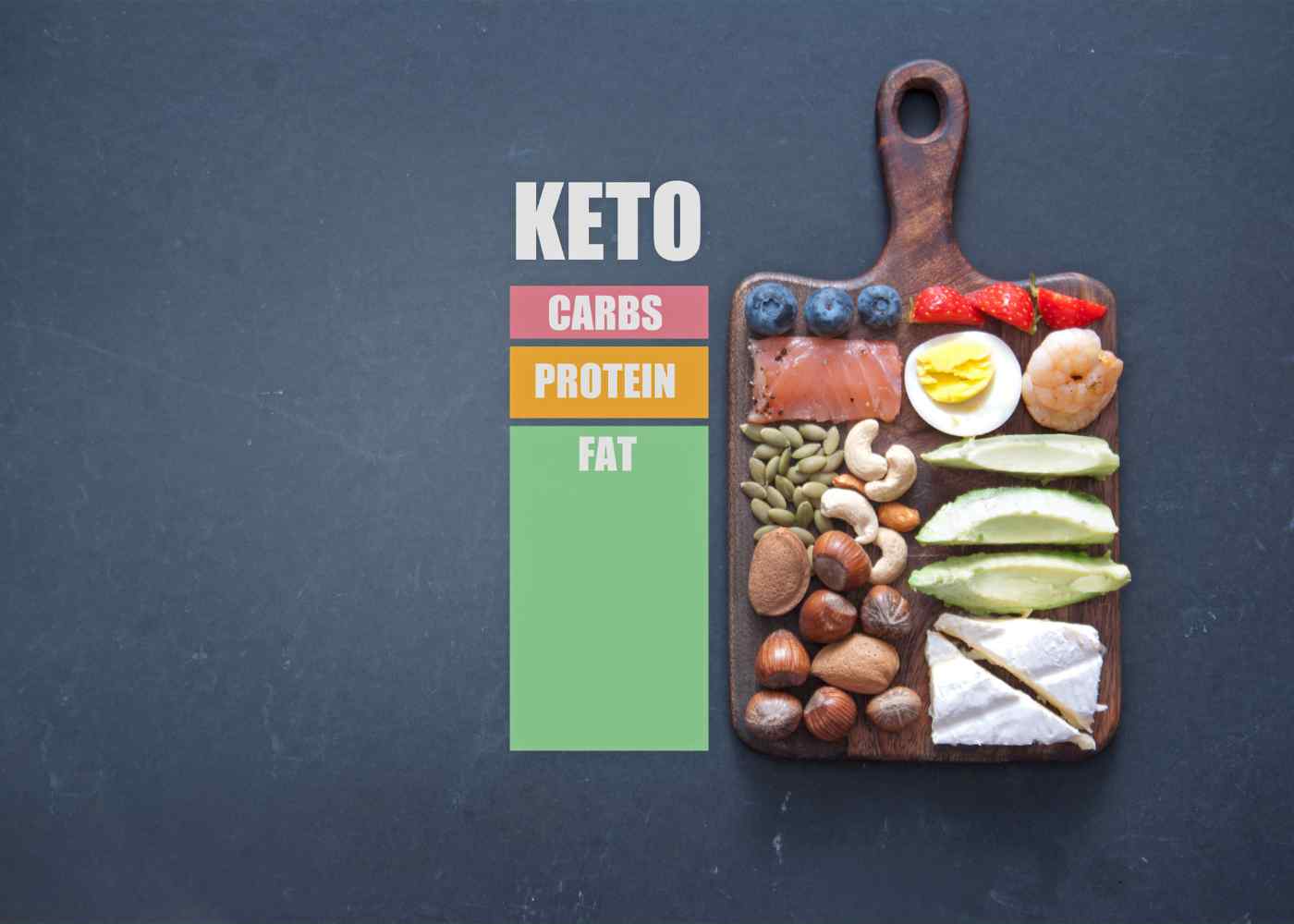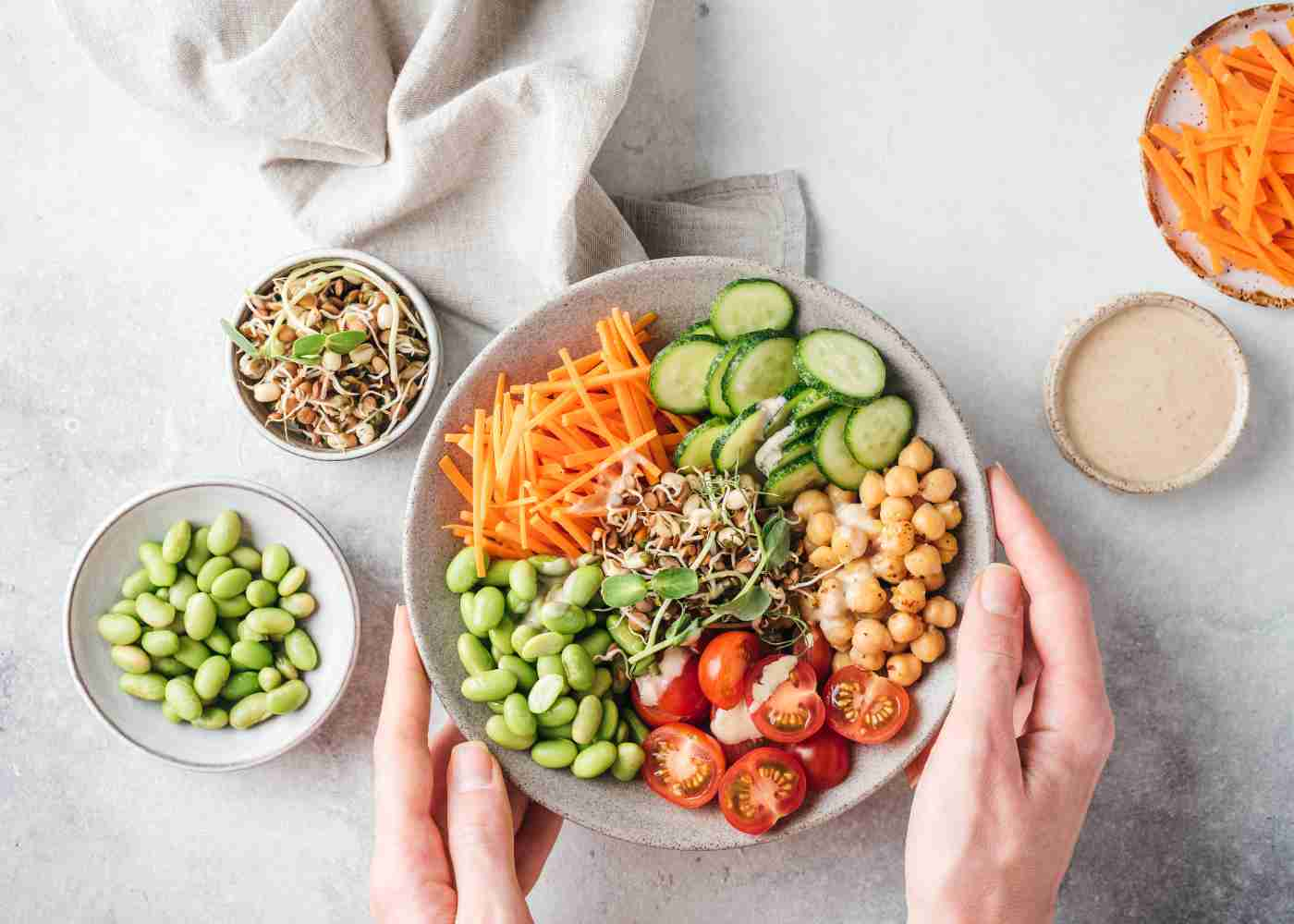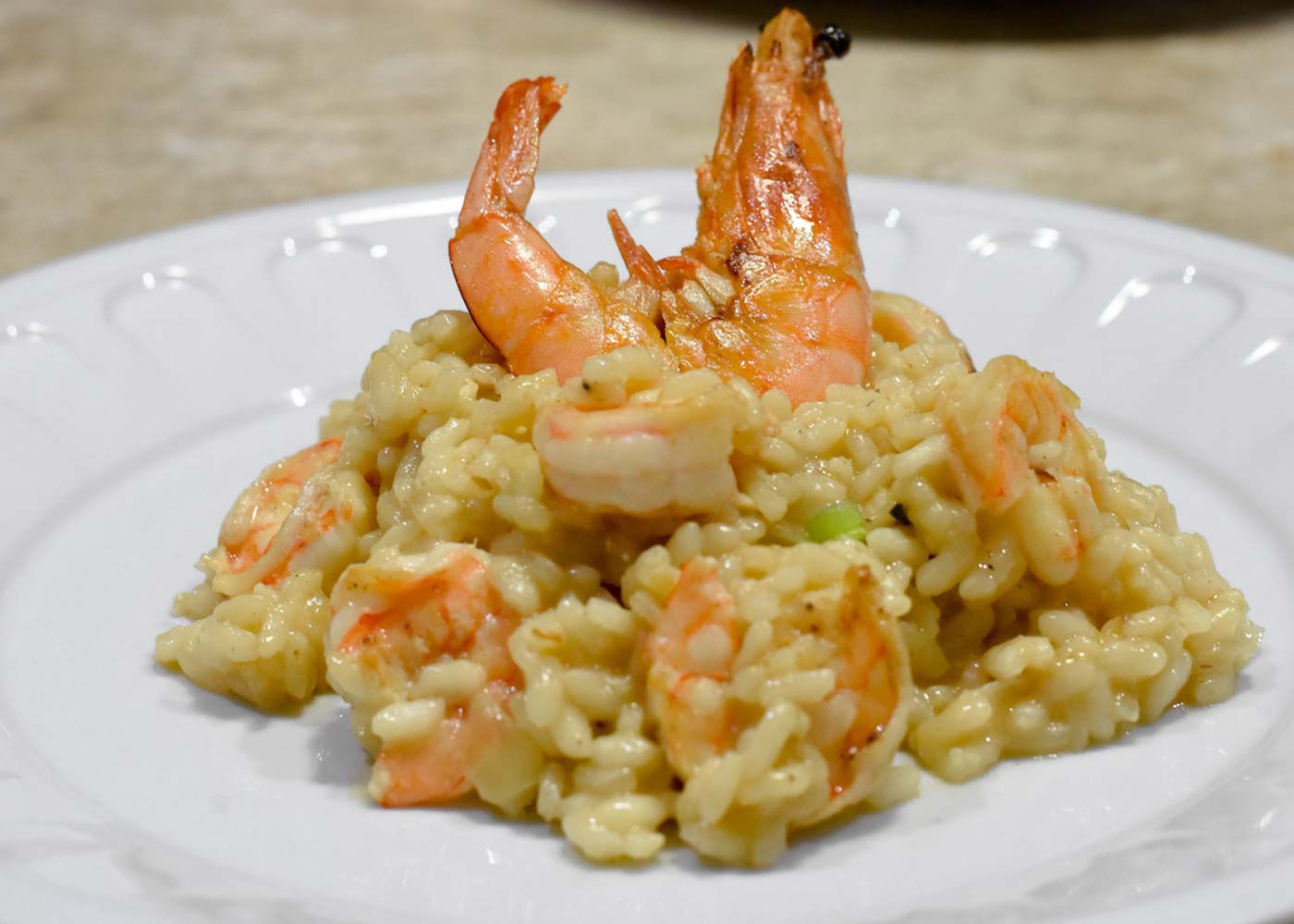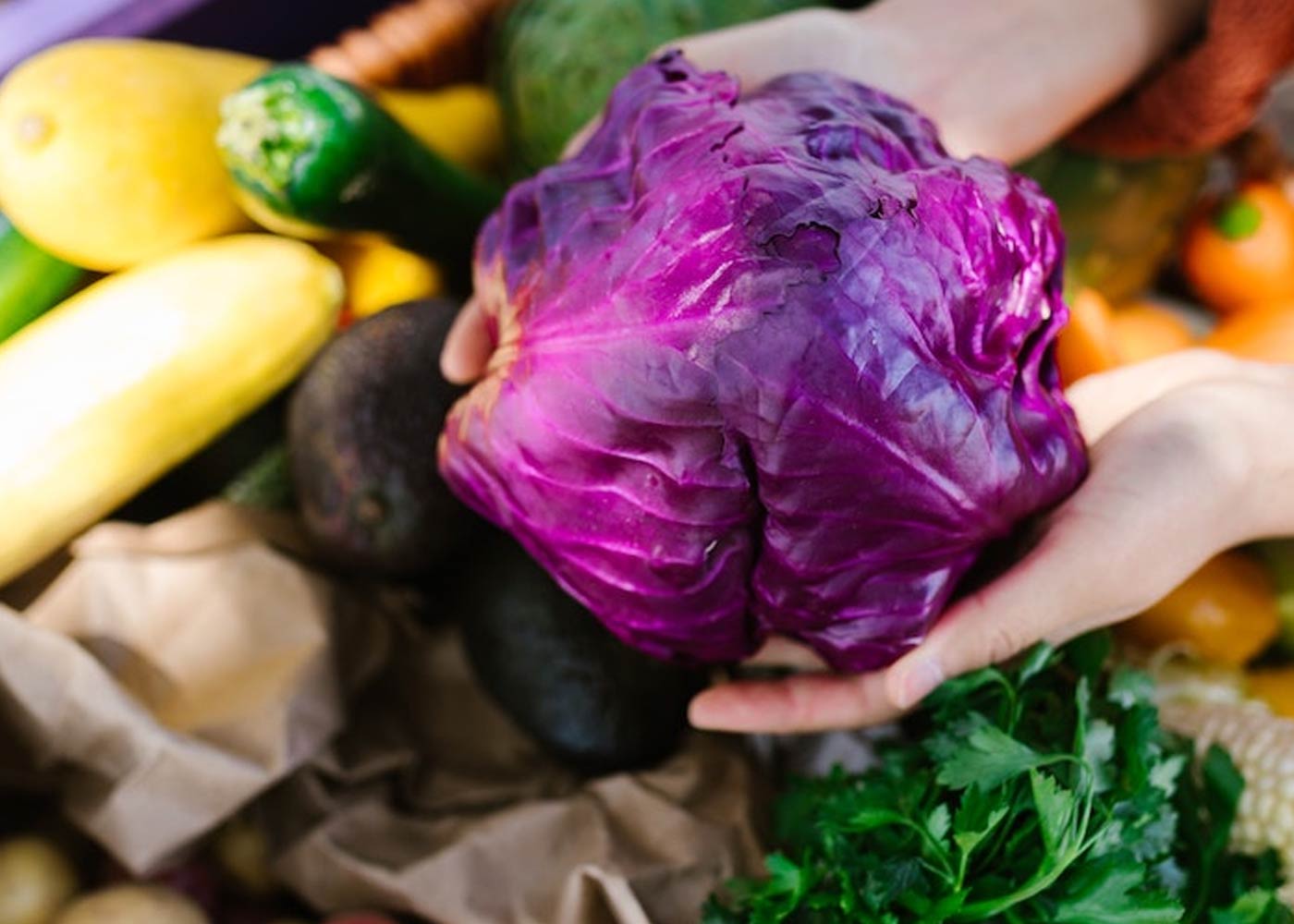
The athletes need to drive their bodies to the point they
can go no further while simultaneously maximizing strength and longevity and
satiating them with maximum performance upside. Training alone does not provide
enough results, and nutrition is equally important. The foods you eat are what
exactly determines how well you will perform in competition, as well as how
quickly you will heal and how well you will be for the next competition.
Meals for athletes are managed through a proper plan, which
helps them build endurance and reduces injury and time for the recovery process
to happen. However, research supports the fact that an optimized sports
nutrition, resulting in up to 15% improved athletic performance, requires a
specific goal-based dietary balance. This guide demonstrates how to maximize
your energy expenditure through optimizing your athlete’s macronutrient balance
followed by describing your optimal pre-competition meals.

Macronutrients: The Foundation of Athletic Performance
Macronutrient proportions of 100 to 150 grams of carbs to 20
to 30 grams of fat and 150 to 200 grams of protein provide exact amounts for
energy, muscle building and recovery.
1. Carbohydrates: The Primary Energy Source
- Carbs provide the main fuel for endurance exercises as well
as working out with high intensity.
_ Amount of carbohydrates that fit to athletes should be 3–12
grams weight depending on their body weight and training intensity.
Best Sources: Whole grains (as bread,
bulgur, oatmeal, quinoa, and other dried grains) with fruits, vegetables,
legumes and starchy foods such as sweet potatoes and brown rice.
2. Protein: Essential for Muscle Growth and Repair
- Proper levels of protein are used in protein consumption so
that muscles get recovered and rebuilt.
- Recommended intake: 1.2–2.0g per kg of body weight.
Best Sources: Lean meats together with fish,
eggs, dairy, and plant-based proteins, which include beans, lentils, tofu and
quinoa.
3. Fats: Sustained Energy for Endurance
- Healthy fats are required for hormone regulation as well as
for prolonged activity.
- Recommended intake: 20–35% of total daily calories.
Best sources: Avocados, nuts, seeds, olive oil, and fatty
fish.
Pre-Competition Meal Plan: Fueling for Peak Performance
The eating decisions taken before a performance are what
makes or breaks the athlete's display. The aim is to induce the build-up of
glycogen, proper hydration and the handling of gastrointestinal problems.
- Ideal Pre-Competition Meal (2-4 Hours Before)
- Complex Carbs: Whole-grain pasta, brown rice, or oats.
- Lean parts of chicken, fish, and plants are recommended
protein sources.
- Avocados, as well as nuts and seeds, are healthy fat
choices.
The key drink before activity includes water or electrolyte
(beverage), including coconut water.
30-60 Minutes Before
- A light snack such as a banana with peanut butter or a
smoothie with protein and fruit.
Performance Nutrition During Training and Competition
Athletes who are trying to keep their energy when they
are training for a long period of time must carefully plan their
strategy for refueling.
When exercising for less than sixty minutes, the need for
water is sufficient as a drink choice.
- For Intense or Long Workouts (60+ min):
- Carbohydrates should be added to sports drinks with energy
gels or bananas.
- Muscle cramps can be stopped by drinking sodium and
potassium-rich drinks.
Post-Workout Recovery Nutrition for Athletes
The training process is equally important as the process of
recovery. To repair the muscles, exercise is something that they need to feed
after the exercise, the glycon levels rise and inflammation decreases.
- The Ideal Post-Workout Meal (Within 30–60 Minutes)
- In terms of protein, lean protein choices such as chicken,
fish, eggs and plant-based alternatives are recommended between 20 to 30 grams
with regards to the amount of protein for recovery.
- Carbohydrates: 1-1.5g per kg of body weight (sweet potatoes,
whole grains, fruits).
- Healthy Fats: Omega-3-rich foods like salmon, flaxseeds, or
walnuts.
- Fluid intake through water in conjunction with electrolyte
beverages is needed throughout the recovery process.
Recovery Snack Ideas
- Greek yogurt with berries and honey.
- A protein smoothie with banana, almond milk, and whey
protein.
- A whole-grain turkey sandwich with avocado.

Tailored Diet Plans for Different Athletes
Different sports are intricate with requirements of specific
dietary elements. Different sports require different dietary approaches,
resulting in their planning of their meals a bit differently in the following
ways:
1. Endurance Athlete Nutrition (Runners, Cyclists, Swimmers)
- High carbohydrate intake for sustained energy.
- For example, placing small meals frequently will keep
glycogen levels steady.
- Hydration-focused with electrolyte replenishment.
2. Strength Training Diet Plan (Weightlifters, Bodybuilders)
- Higher protein intake for muscle recovery and growth.
- The levels of carbohydrates consumed should correlate with
strength training periods.
- Healthy fats for hormonal balance and recovery.
3. Team Sport Athletes (Football, Basketball, Soccer)
- A mix of carbohydrates and protein for explosive movements
and endurance.
- Hydration strategies to prevent fatigue.
- Antioxidant-enriched foods must be consumed by every athlete
since foods rich in these ingredients decrease oxidative stress.
Hydration: The Overlooked Factor in Sports Performance
A loss of performance of 20% is experienced when athletes are dehydrated as their bodies become fatigued and develop muscle cramps, and their recovery decreases.
Hydration Guidelines
- In general, athletes should drink 500ml of water two hours
before starting their exercise session.
- The amount an athlete needs to drink to replace lost fluid
each hour of training will range between 150 and 250 ml every 15 to 20 minutes.
- Rehydrate with electrolyte-rich drinks post-workout.
Conclusion
Any athlete looking to excel has no choice but to train with
better intelligence by means of adequate nutrition rather than merely increasing effort. By using performance diet planning methods that match their sports and needs as people, athletes will simultaneously increase their
endurance and strength development as well as improve their speed of recovery.
Following athlete macronutrient needs and the foods that are
appropriate for sports performance, given the correct recovery nutrition
protocol, will lead your athletes to lasting success in sports. Your choices on
what you eat and drink before competition shape your body towards a state of
maximum performance—you’re not doing anything indirectly that would have an
effect in preparing for the meal or the hydration that you choose.
Energy Meal Plans is an athletics performance nutrition
development which allows you to gain towards your goal. The utilization of
intentional fueling practice will push you to maximum levels in performance.




















